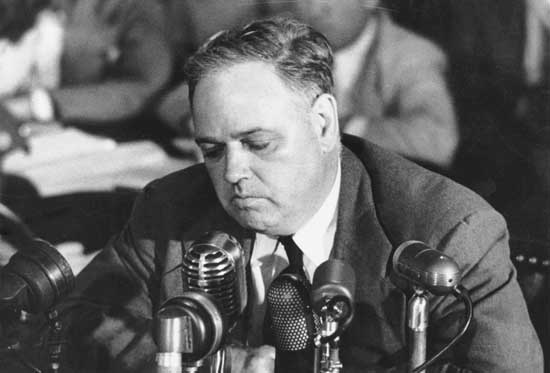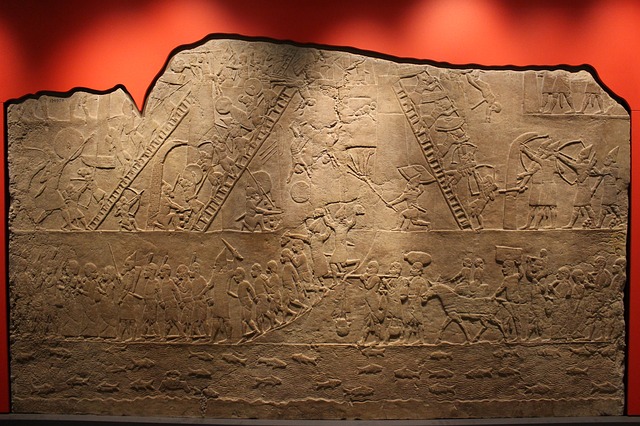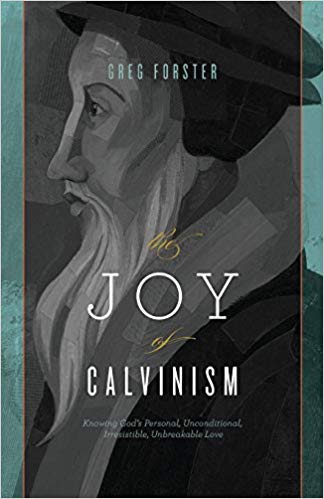Today, Law & Liberty runs part one of my three-part series on how Whittaker Chambers can help the Right rethink its future after fusionism:
Chambers also shows why we must not give tribes a final veto power over people’s choices. Tribes consistently fail to live up to their own standards. If given a veto over our lives, tribal leaders will not use it to build us up morally. They will use it to insulate themselves from moral accountability. That’s part of the crisis of history, from which tribes are not immune. Under modern conditions, it is no longer possible—as it was when we were radically poorer and less mobile—to uphold traditions in society without giving unaccountable power to people who will abuse it.
This builds on my previous L&L article on how Chambers can help us understand why fusionism failed. Let me know what you think, and look out for parts two and three coming next week and the week after!




